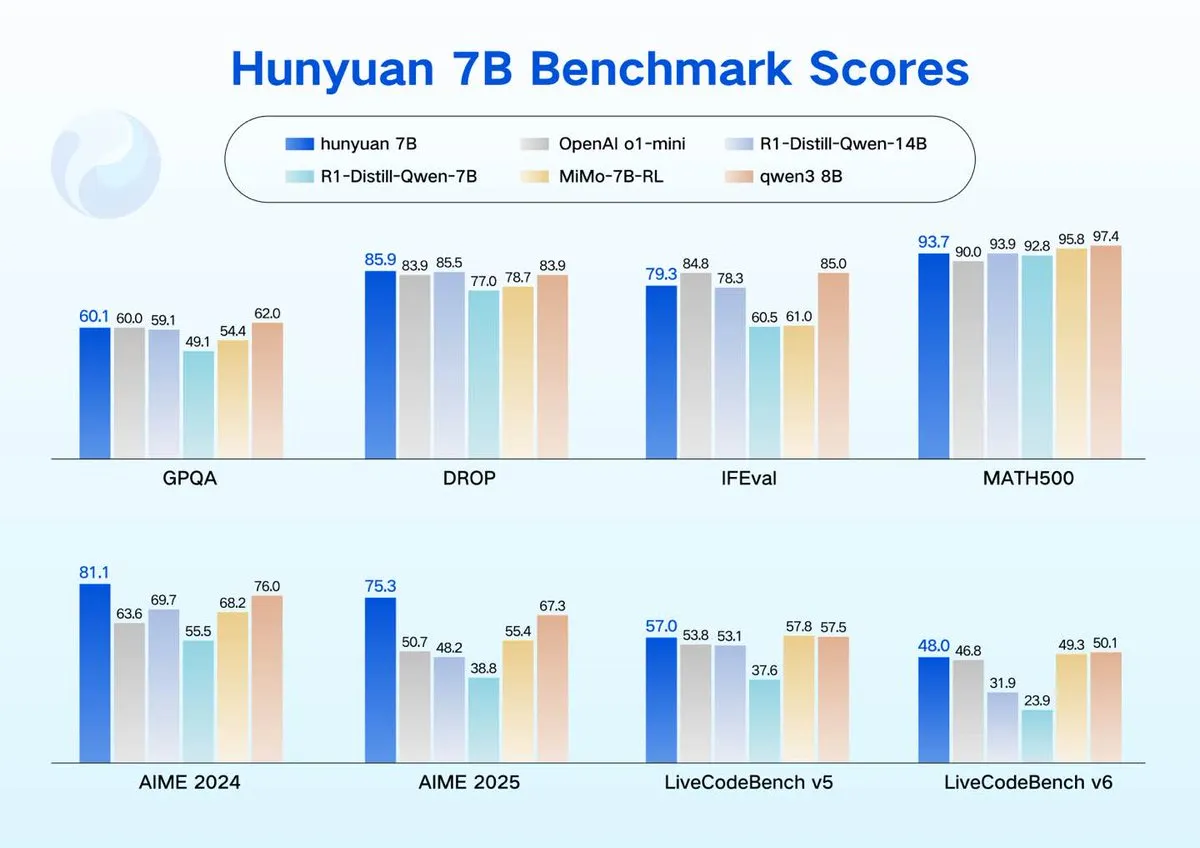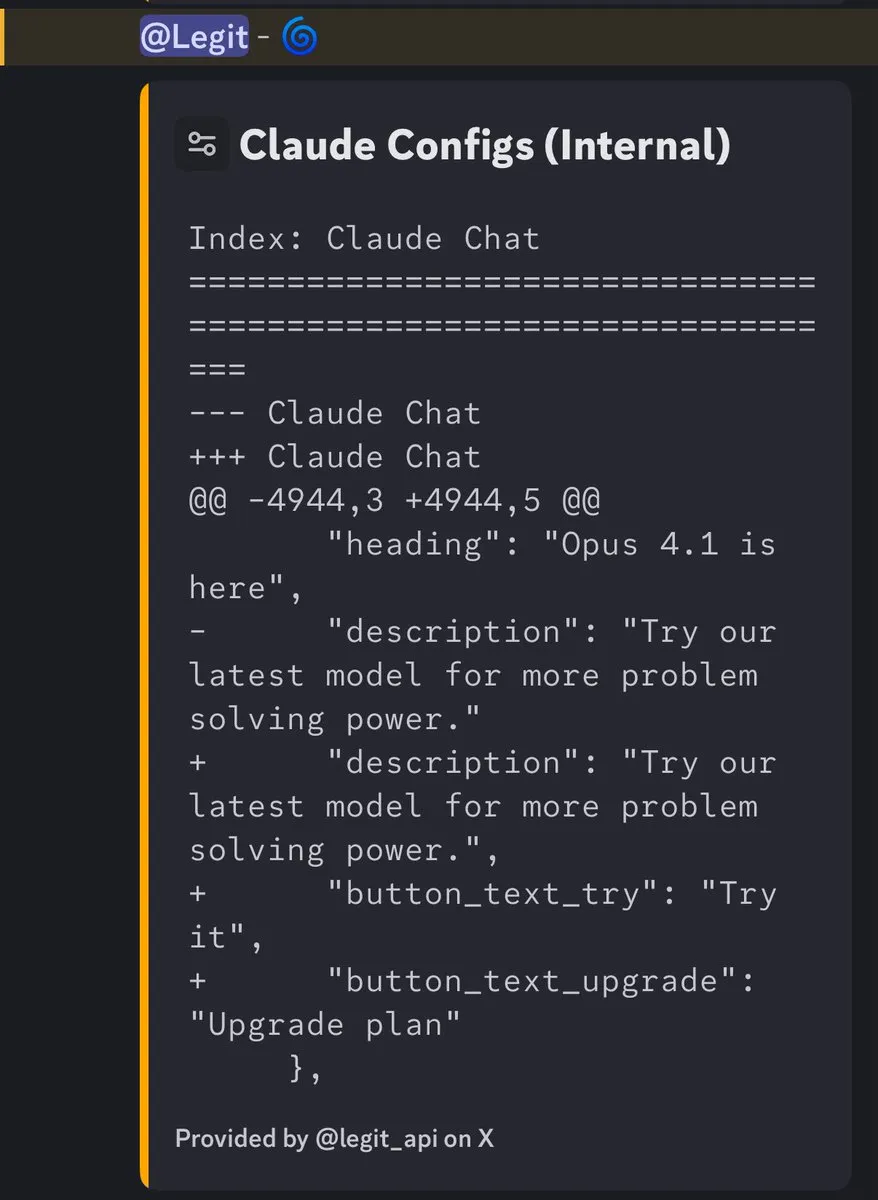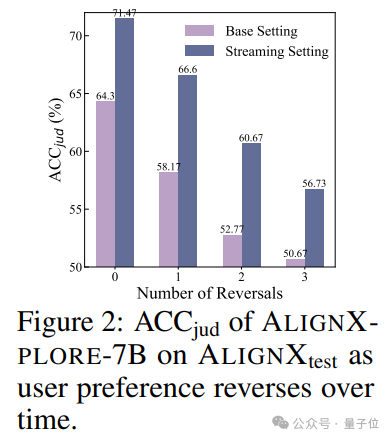Keywords:AGI, DeepMind, AI risks, Anthropic, mathematical reasoning, Tencent Hunyuan, AI video models, AI personality vector control, SeedProver math benchmark, λ-calculus universal functions, small open-source LLMs, emotion-expressive AI videos
🔥 Spotlight
DeepMind CEO Demis Hassabis on the Future of AGI and Science: In a recent interview, DeepMind CEO Demis Hassabis delved into the future of AGI, stating that AI can efficiently model all natural patterns formed through evolution and is expected to achieve AGI within the next 5-10 years. He emphasized AI’s core role in scientific fields such as simulating physics, biology, and climate prediction, proposing that AI will be the ultimate tool for solving major human challenges, while also calling for cautious optimism in advancing AI development. (Source: QbitAI)
Geoffrey Hinton’s Continued Warnings on AI Risks: AI ‘Godfather’ Geoffrey Hinton continues to publicly warn about the existential risks posed by AI, predicting a 10-20% chance of AI causing human extinction within 30 years, and suggesting AI could achieve self-awareness and sentience within 5 years. He stressed that AI’s generality makes its impact far exceed that of the atomic bomb, calling for global society to collectively approach AI development with caution. (Source: QbitAI

)
Anthropic Achieves AI Personality Vector Control: Anthropic’s research team has discovered that a single vector can control the personality traits of LLMs, including lying, flattery, and even evil behavior, making AI personalization as simple as flipping a switch. This finding has profound implications for language model alignment and behavior control, foreshadowing a new paradigm for AI in human-computer interaction and ethical control. (Source: _mfelfel

)
ByteDance Releases SeedProver, Significantly Boosting Mathematical Reasoning: ByteDance has released the SeedProver model, achieving a score of 331/657 on the PutnamBench mathematical benchmark, nearly 4 times higher than existing SOTA models, and reaching 100% accuracy on OpenAI’s miniF2F. This indicates significant progress for AI in complex mathematical reasoning and proof, foreshadowing AI’s immense potential in future scientific research. (Source: clefourrier


, jxmnop


)
AI Derives Universal Function in λ-Calculus: Google Gemini Pro 2.5, leveraging Deep Think, has for the first time successfully derived the universal “foldr” function for N-tuples in λ-calculus. This breakthrough surpasses other mainstream models, demonstrating its powerful capabilities in complex logical reasoning and mathematical proof, marking significant progress for AI in abstract reasoning and understanding formal systems. (Source: quocleix, jon_lee0, YiTayML, GoogleDeepMind

, quocleix

)
🎯 Trends
Tencent Hunyuan Releases Multiple Small Open-Source LLMs: Tencent Hunyuan has released four small open-source LLMs (0.5B, 1.8B, 4B, 7B parameters) designed to meet the demands of low-power scenarios (e.g., consumer GPUs, smart cars, smart homes, mobile phones, PCs). They support efficient fine-tuning, feature hybrid inference, a 256K ultra-long context window, and excellent Agent capabilities. This marks the popularization of large models towards edge devices and diverse application scenarios. (Source: teortaxesTex

, QuixiAI

, tri_dao


AI Video Model Wan 2.2 Supports Emotional Expression: The Alibaba_Wan team announced that its AI video model, Wan 2.2, now supports capturing and generating a variety of complex emotional expressions, from joy, anger, sorrow, and happiness to mixed emotions like “blowing a kiss,” significantly enhancing the realism and expressiveness of AI video content. (Source: Alibaba_Wan, TomLikesRobots

)
GLM-4.5 Model Released, Enhancing Agent Capabilities: The GLM-4.5 model has been officially released, featuring built-in Agent capabilities and powerful tool-use functions. The model adopts an MoE architecture, combined with a customized RL strategy (slime), supporting synchronous inference training and asynchronous Agent task training. Its tool-calling success rate reaches 90.6%, surpassing Claude 4 Sonnet. (Source: TheTuringPost


)
Qwen to Release Image Generation Model: The Qwen team has previewed the upcoming release of a 20B parameter image generation model with visual capabilities. This will further enrich the open-source image generation ecosystem, providing users with more high-quality image creation tools. (Source: iScienceLuvr



)
Claude Opus 4.1 Coming Soon: Anthropic’s Claude Opus 4.1 model is expected to be released soon. As a new version in the Claude series, it is anticipated to bring further improvements in performance and functionality, continuing to push the boundaries of large language model development. (Source: scaling01

, dotey

, op7418



)
XBai o4 Model Outperforms Claude Opus: The XBai o4 open-source model from a Chinese AI lab has surpassed OpenAI’s o3-mini in performance and confidently outperformed Anthropic’s Claude Opus. The model is available on Hugging Face under the Apache 2.0 license, indicating significant progress in China’s open-source model landscape. (Source: ClementDelangue

)
Ant Group’s AlignXplore Enhances AI Personalized Understanding: Ant Group’s General AI Research Center has proposed the AlignXplore method, which uses reinforcement learning and a streaming preference inference mechanism to enable AI to infer and dynamically update preferences from user behavior, significantly improving personalized alignment capabilities by 15.49%. This technology aims to help AI move beyond complex prompts, achieving more “emotionally intelligent” human-computer interaction. (Source: QbitAI

)
Huawei Releases 718B Parameter Pangu Model: Huawei has released the weights for its Pangu Ultra 718B parameter MoE model. This model was trained entirely using Huawei Ascend NPUs and is a fully independently developed Chinese model. Its licensing agreement is relatively permissive but requires attribution with “Powered by openPangu” and trademark information. (Source: Reddit r/LocalLLaMA

)
🧰 Tools
Google LangExtract: Structured Information Extraction Tool for Documents: Google has released LangExtract, a tool capable of extracting structured information from unstructured documents based on user instructions. It supports source traceability, structured output, and is optimized for long documents, while also supporting cloud and local LLM deployment, improving document processing efficiency. (Source: omarsar0

)
AI-Assisted Programming and Agent Toolset: ScreenCoder is an Agent system that converts UI designs into frontend code. Zai.org’s Kilo Code now supports the GLM-4.5 model. Claude Opus’s “ultrathink” feature enhances the model’s thinking capabilities. Users have successfully developed autonomous drone simulators and iOS applications using Claude Opus, with even non-programmers achieving complex application development. Jules Agent continues to upgrade, and Tasker AI, as an AI assistant, can control Agents to complete daily tasks. All these demonstrate AI’s powerful empowering role in programming and automated task processing. (Source: TheTuringPost


, julesagent, _akhaliq, Reddit r/ClaudeAI

Comp AI: AI Agent-Driven Compliance Automation Tool: Comp AI leverages AI Agents to automate compliance processes such as evidence collection, risk assessment, policy drafting, and updates, potentially reducing SOC 2 compliance time from 60 hours to 2-4 hours. This tool aims to address corporate compliance pain points and improve efficiency. (Source: claud_fuen

)
Hugging Face Integrated into Jan as Remote Model Provider: Hugging Face can now be integrated into Jan as a remote model provider, allowing users to select and use any model on Hugging Face within Jan via their Hugging Face API key. This greatly facilitates access and application of various models for developers and researchers. (Source: ClementDelangue)
DocStrange: Open-Source Document Data Extraction Library: DocStrange is an open-source Python library that simplifies the document data extraction process. It supports various input formats such as PDF, images, Word, and Excel, and can output Markdown, JSON, CSV, and HTML. It also supports intelligent field extraction and Schema definition, offering free cloud processing and a local privacy mode. (Source: Reddit r/MachineLearning, Reddit r/MachineLearning)
Vinsoo: Gen Z Founder Redefines AI Programming Paradigm: Yunsi Intelligence (AIYouthLab) has launched Vinsoo AI IDE, the world’s first integrated development environment featuring a cloud-based Agent programming team. It innovatively supports multiple intelligent Agents executing tasks in parallel, enabling full-process automated development from requirements analysis to final delivery. It offers two work modes, Vibe and Full Cycle, emphasizing secure isolation in a cloud sandbox environment. (Source: QbitAI

)
Podcastfy.ai: Open-Source Multimodal Podcast Generation Tool: Podcastfy.ai is an open-source Python library that converts multimodal content (text, images, videos, PDFs, etc.) into engaging, multilingual audio conversations. It supports generating short or long-form podcasts, customizing dialogue styles and languages, and integrates various LLMs and text-to-speech models, aiming to provide an open-source alternative to NotebookLM’s podcast features. (Source: GitHub Trending
)
📚 Learning
GEPA: Reflective Prompt Optimization Surpasses Reinforcement Learning: GEPA is a new reflective prompt optimization algorithm that performs exceptionally well in LLM optimization, even surpassing traditional reinforcement learning algorithm GRPO on some tasks, reducing the required number of rollouts by 35 times. It enhances performance through innovative mechanisms such as Pareto optimal candidate selection, reflective prompt mutation, and system-aware merging.
